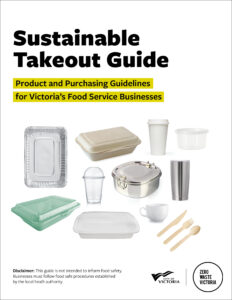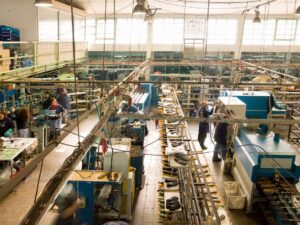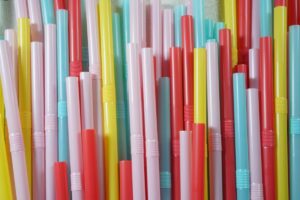We asked 3 companies to recycle Canadian plastic and secretly tracked it. Only 1 company recycled the material
After several instances of Canadian plastic waste turning up overseas in places like the Philippines and Malaysia, CBC’s Marketplace wanted to track the lifecycle of Canadian plastic.
Journalists bought bales of film plastic ready for recycling, hid trackers inside them, and then re-inserted the plastic back into the recycling stream in British Columbia — the province known for having the most efficient recycling program in Canada. The bales were picked up by Merlin Plastics, Waste Connections of Canada, and GFL Environmental Inc.
All three companies make green promises on their websites and in promotional videos, using buzzwords like “sustainability” and “environmental solutions.” Marketplace put those promises to the test, acquiring about nine tonnes of film plastic, mostly shopping bags, that had already been sorted and crushed into square bales. Since the bales were already compressed and ready for processing, the trackers wouldn’t get crushed or lost in the sorting process.
Only 1 company recycled the plastic
The two trackers in Merlin Plastics’ bales ended up at a recycling processing plant in Delta, B.C., suggesting it was recycled. Both of the GFL trackers went straight to a waste-to-energy facility, a landfill alternative that creates power by incinerating garbage. Waste Connections picked up the bales of plastic, saying it would send the material to a recycling facility. However, the trackers showed that the bales ended up in a junkyard in Surrey, B.C., as well as a landfill in Richmond, B.C.
It is discouraging for Canadians who sort and clean their recyclables expecting them to be reused to find out the exact opposite happening to their blue bin contents. Only 9% of Canadian plastics were recycled, even while China’s doors were open.
Read the full and original story at CBCnews.ca



